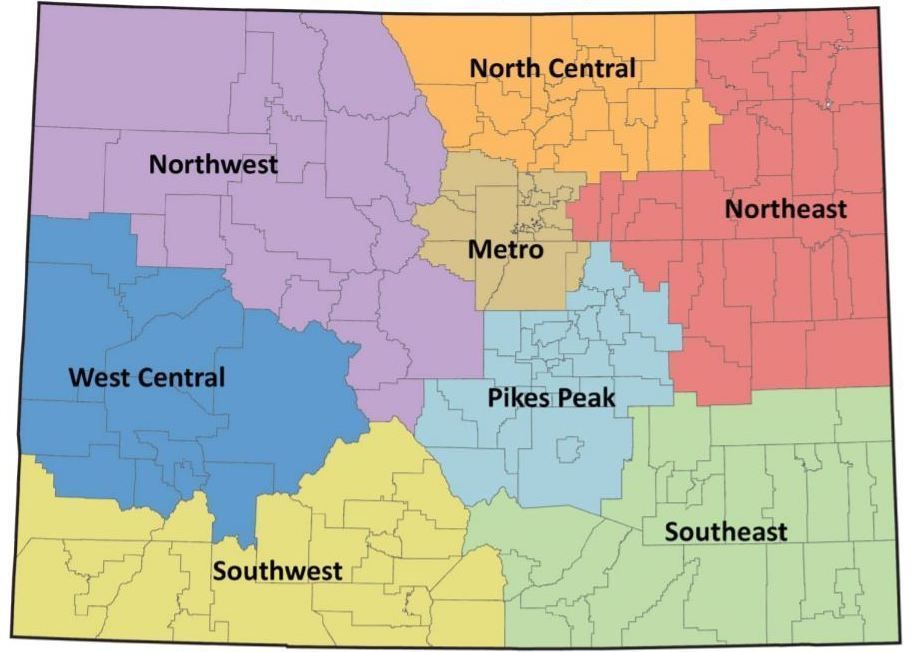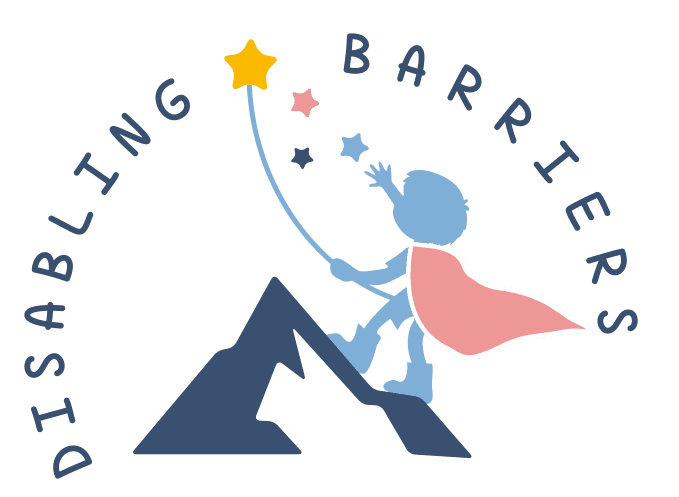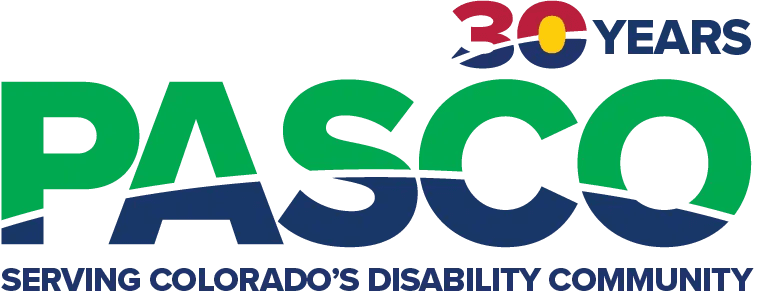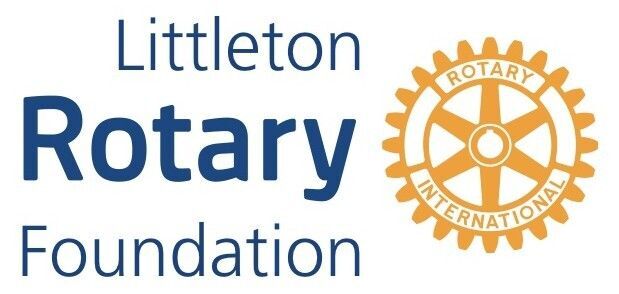
From April to July of 2021, IN! conducted a statewide needs assessment to look at current barriers to college for students with intellectual disabilities in Colorado. Below we share key highlights related to college awareness, beliefs, preferences, and access to resources.
Executive Summary
Background. In 2016, IN! conducted a statewide needs assessment to inform the development of pathways to college for students with intellectual disabilities (ID) in Colorado. Since then, three institutes of higher education (Arapahoe Community College, University of Colorado Colorado Springs, University of Northern Colorado) have opened their doors to this population. In 2021, IN! launched a new needs assessment to inform continued development of these options and assess barriers students with ID are still facing when considering college as an option in our state.
Evaluation Approach. The needs assessment included a survey for students with ID and/or family members of individuals with ID. The survey was disseminated by IN!, community partners, and school districts across the state. 272 individuals responded to the survey. Of those, 196 were included in final reporting. These individuals completed the survey, live in Colorado, have not previously gone to college, have an intellectual disability, and expressed an interest in going to college.
College Awareness. 48% of respondents reported that they were aware of the three college options in Colorado. 43% reported they did not know about these options, and 8% were unsure. The majority of survey respondents (72%) had not received information from their school about college as an option. Students ages 18-21 were slightly more likely than students ages 15-17 to know about the college options in Colorado and to have received information about college from their school. There are no regional differences related to college awareness.
Satisfaction with Current Options. When asked how satisfied they are with current college options, 40% of survey respondents selected “I don’t know enough to answer”. For the remaining respondents, satisfaction (25%) only slightly outweighed unsatisfaction (21%). Factors contributing to unsatisfaction include level of care support, preference for a college location within commuting distance of the respondent’s home, and beliefs about not being prepared for college.
College Preferences. The majority of survey respondents (88%) would prefer to attend college somewhere in Colorado. There is a preference for local options. 63% of people who wish to stay in Colorado for college prefer an option within commuting distance of their home, 17% prefer an option within a 4-hour drive from home, and 20% would consider an option anywhere in Colorado. Across all regions, the greatest preference is for a commuting option. Individuals who selected “Anywhere in Colorado” primarily live in the Denver Metro area.
In terms of school type, 33% of respondents were undecided. State University and Community College each accounted for 21% of respondents. 17% of respondents preferred a Trade/Vocational school. There was little interest expressed in Junior Colleges, Religiously Affiliated schools, and Private Universities, with under 5 respondents for each. Individuals who selected State University were split across their preferred location (within commuting distance, within a 4 hour drive, anywhere in Colorado). The top factor contributing to preferred type of school is housing. 65% of people selected that the desire to either live on campus or live at home informed their decision for type of school. 43% of respondents considered cost as a factor in their decision. For students selecting a State University or Trade/Vocational school, the college having what they want to study was an important factor. For all school types, the ability to easily get to school was an important consideration, with slightly more Community College respondents selecting this option.
Support Needs. In looking at key components of inclusive higher education pathways, the top selected programming components were “I will develop job skills and have employment opportunities” (86%), “I will further develop my social skills” (80%), and “I will further develop my independent living skills” (75%), and “There are plans in place to make sure I am safe on campus” (71%). The least important variable was “The college has on-campus housing options” (32%). The majority of respondents (66%) reported needing some form of medical/personal care support. The two most common support needs are medication management (34% of respondents) and dressing/hygiene support (34% of respondents). Individuals with 24/7 or nursing assistance needs had a greater percentage of respondents who were unsatisfied with current college options. Of individuals who reported a desire to live away from home for college, 72% reported some level of care need. The most common were medication management and dressing/hygiene; 20% reported a need for 24/7 or overnight support.
Beliefs about College. Only 28% of survey respondents agreed that their K-12 education had prepared them for college. The majority of respondents agreed that college is worth the investment for students with ID, that college will help prepare for a career and employment after college, and that college will help increase independence. When asked about whether they felt they would be successful in college, most respondents still selected “agree”, but compared to other questions, more selected “not sure”.
Access to Resources. 45% of survey respondents had not budgeted for college. Families of all different household income levels had not budgeted for college. The majority of respondents could pay for a portion of college costs, but not all costs. 18% of respondents were unable to pay at all. In looking at community resources adults with disabilities access and may use while in college, the most known resources were Community Centered Boards/Medicaid Waivers and Social Security Income/Social Security Disability Insurance. The least known resources (survey respondents selected “I don’t know what that is”) were Benefits Counseling (50%), Division of Vocational Rehabilitation (35%), and ABLE Accounts (35%).
Listening Sessions. To supplement responses in areas with lower regional engagement in the survey, IN! conducted listening sessions with disability professionals in Northern Colorado, Western Colorado, the Mountain Region, and the Pikes Peak Region. In all sessions, participants shared a need for more information for families about the college options that exist. In the Mountain Region and Western Colorado, participants reinforced the need for an option that was closer to home for students.
Summary. Compared to five years ago, more students with ID than ever are thinking about college and enrolling in college in our state. At the same time, there is much work still to be done to address barriers to college faced by these students. Throughout the rest of the report, we take an in-depth look at unique needs of various populations within the ID community. We look forward to collaborating with all who are interested in moving inclusive higher education forward; together we can continue our work to ensure all students with ID in our state have a pathway to college that is accessible to them.
















